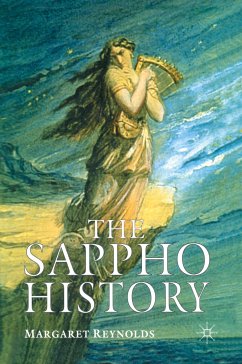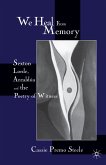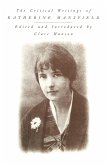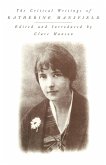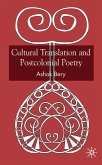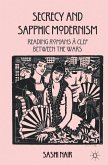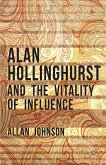In The Sappho History , Margaret Reynolds traces the story of the reception of Sappho's poetry and her afterlife in literature and art from the mid eighteenth-century to the twentieth-century. For women writers in the Romantic period, she symbolized possibility; for the young Tennyson, she was a private ancestor helping him make his own name as a poet. Richly illustrated throughout, The Sappho History provides a new view of Western culture from the Romantic period to the Modern.
'The Sappho History is a compelling and original account of Sappho's cultural transformations over the past few centuries. At once lucid, learned, and creative, Margaret Reynolds's study powerfully demonstrates why this iconic figure has held such a strong pull on the imagination and emotions of such a wide range of writers, readers, and artists.' - Professor Kate Flint, Department of English, Rutgers, The State University of New Jersey, USA
'Sappho as symbol, as poet and muse, as poetic and personal possibility, is wonderfully worked in this subtly allusive, academically exciting and poetically powerfuly study.' The Times
'...an extremely interesting book.' - Times Literary Supplement
'Her new book is an enjoyable introduction to what has to become an essential topic for classicists interested in reception, for scholars interested in Hellenism or classicism in European vernacular literature, and especially for feminists historians and queer theorists.' - Emily Wilson, London Review of Books
'This is a beautifully written, passionate and poetic book. It has important things to say about women's writing, about love, about lyric poetry, about myth and celebrity, and about elegy and loss. And it joins a growing number of books that demonstrate that Victorian Hellenism was no dusty, dry affair but complex and fascinating' - Jennifer Wallace, The Times Higher Education Supplement
'Sappho as symbol, as poet and muse, as poetic and personal possibility, is wonderfully worked in this subtly allusive, academically exciting and poetically powerfuly study.' The Times
'...an extremely interesting book.' - Times Literary Supplement
'Her new book is an enjoyable introduction to what has to become an essential topic for classicists interested in reception, for scholars interested in Hellenism or classicism in European vernacular literature, and especially for feminists historians and queer theorists.' - Emily Wilson, London Review of Books
'This is a beautifully written, passionate and poetic book. It has important things to say about women's writing, about love, about lyric poetry, about myth and celebrity, and about elegy and loss. And it joins a growing number of books that demonstrate that Victorian Hellenism was no dusty, dry affair but complex and fascinating' - Jennifer Wallace, The Times Higher Education Supplement

